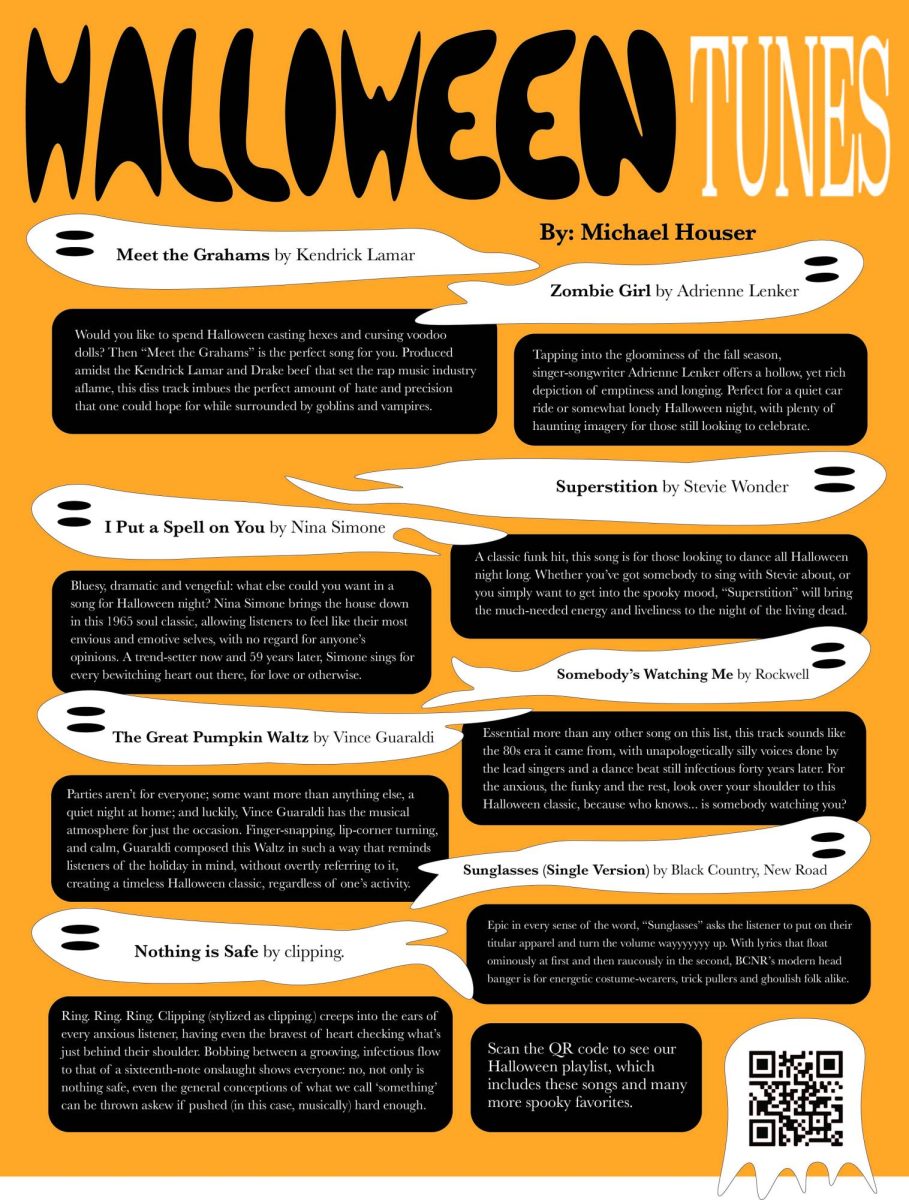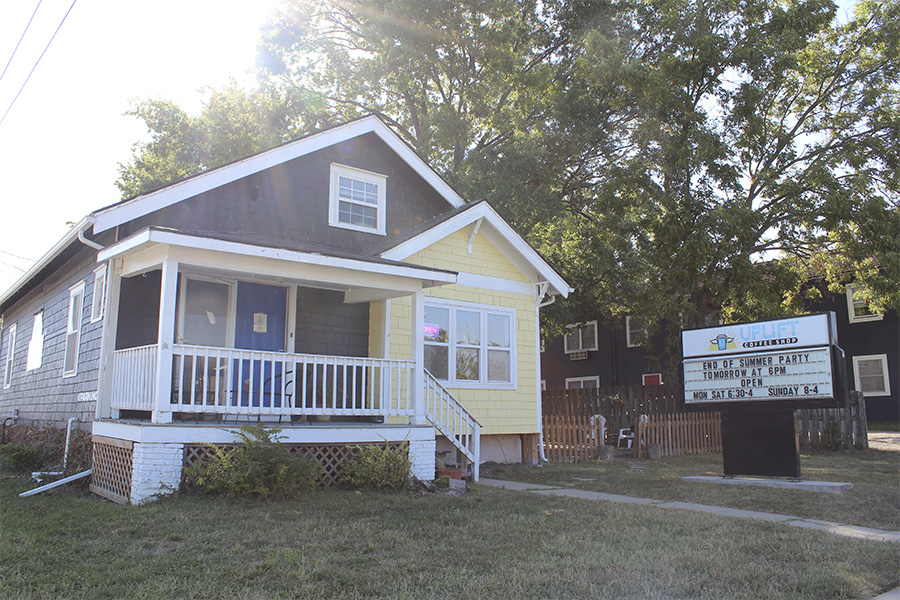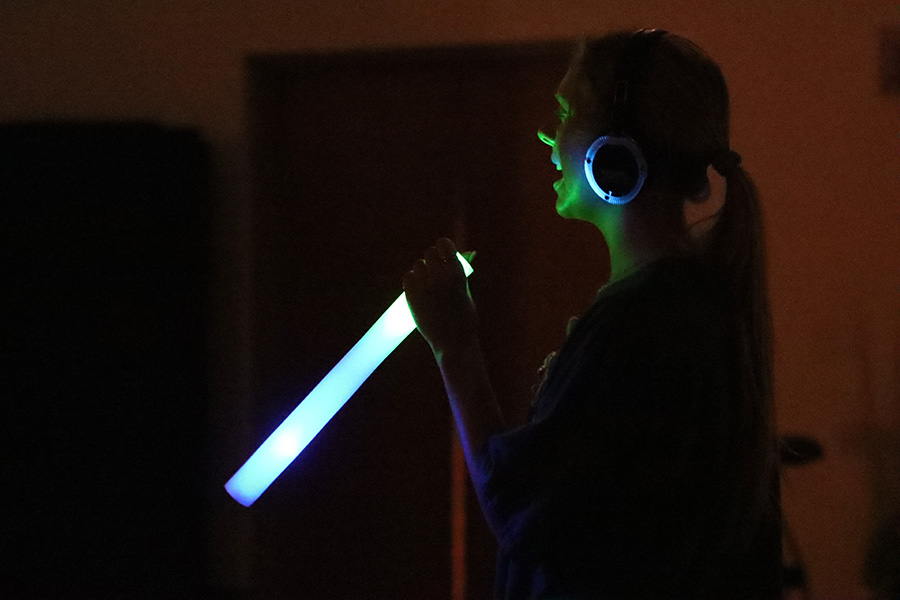Many freshmen try to avoid the notorious “freshman 15” by paying more attention to diet and health. Some students at Baker University have an additional reason to watch their diet, however: diabetes.
Ruth Sarna, director of student health services, said diabetes occurs when the body does not properly use or produce insulin, the hormone that converts sugar and carbohydrates into energy. This means it is mandatory to watch sugar intake and keep a regular check on one’s sugar levels.
Exercise, healthy foods and insulin injections are necessary for a diabetic to lead a normal life. Diabetic students have to learn to manage this struggle, which is difficult in the college atmosphere.
“When you’re older, you kind of just want to do your own thing,” Heather Gruber, a BU freshman living with diabetes, said.
Gruber wears an insulin pump on her body to make taking insulin easier. The pump gives a constant flow of insulin to her body so she does not have to worry about taking her insulin through a series of shots. Instead, she is free to live life normally. Aside from taking showers, and when she is playing softball, she does not take the pump off.
It just gives me a lot more flexibility, it makes things easier,” Gruber said.
Students with the disease face temptation every day in several forms. Diabetics must be aware of their sugar levels. The cafeteria can be a huge temptation because it offers a variety of foods that aren’t necessarily healthy for diabetics.
“It’s kind of hard in the cafeteria because the food and drinks aren’t exactly diabetes friendly, and with the opportunity to get that food so easily, sometimes it’s hard to resist,” freshman Taylor Edging, another diabetic student, said.
Edging was diagnosed when he was 12-years-old. After eating a whole pack of cookies and chocolate milk, his mom had to take him to the hospital.
“The next day I didn’t feel good,” Edging said. “I couldn’t quit urinating, and I was losing weight fast. When I went to the doctor they immediately told me I had diabetes, and the next day, I had to give myself my first insulin shot.”
Edging took insulin by a needle for about four years, and has been using flex-pins for the past two years. He also said playing sports and staying active really helps to regulate his diabetes.
Although diabetes is something a person can still live a full, normal life with, sometimes it can be a frustration. Whether it means not being able to go out for iced cream, or passing on a beer at a weekend party, a diabetic’s social life is not always as exciting as he or she would like it to be.
At college, most students find the partying to be the most difficult thing to resist. Going to a party is OK, but most alcoholic drinks tend to have a large amount of sugar and carbohydrates in them. Once intoxicated, a person is not always aware what, or how much he or she is drinking.
“With the carbohydrates and everything involved with that, their whole system, it’s a big no-no,” Sarna said.
A diabetic coma, caused by either dangerously high or low sugar levels, is the main reason drinking is a bad idea for diabetics. Non-diabetic people are not always sure what to do if a person’s blood sugar gets too high. For this reason, a diabetic must always be in control of his or her actions.
“I have to always be careful,” Gruber said. “I can’t put myself in the position to not be able to take care of myself.”






